Celebrating our 2024 NASWAC Cohort!
The Center for Native American Cancer Health Equity (C-NACHE) extends heartfelt gratitude to the inaugural cohort of the Native American Student Webinar Advisory Coalition (NASWAC) for their remarkable dedication and commitment to advancing cancer health equity.
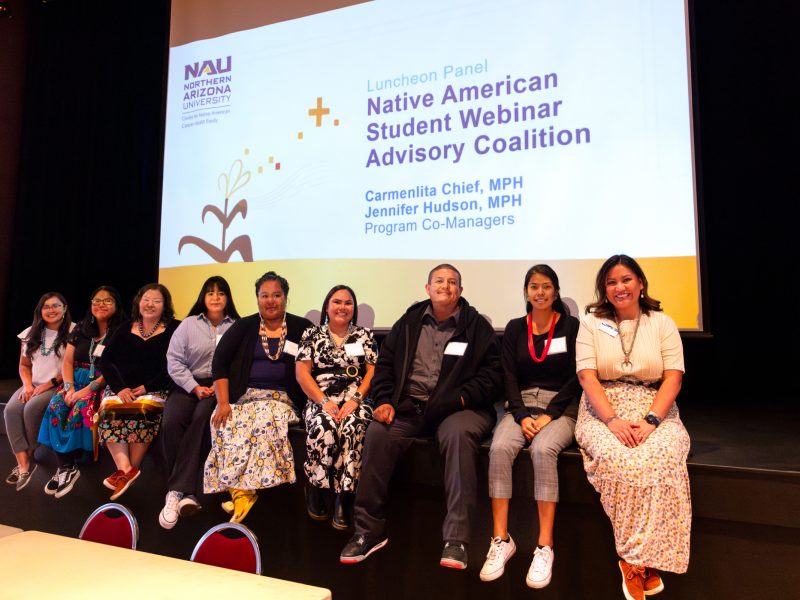
This talented group of Native American scholars has brought fresh perspectives and invaluable insights to our mission of supporting Indigenous voices in cancer research education. Through their collaborative efforts, advocacy, and mentorship, they have laid a strong foundation for promoting health equity and education within Indigenous communities.
We are deeply grateful for their contributions in shaping a dynamic webinar series that focuses on diverse cancer health equity approaches for Indigenous populations in the Four Corners region. Their hard work and passion will leave a lasting impact on the field and inspire future cohorts.
Thank you, NASWAC 2024, for your unwavering commitment to this important work!
Learn about the most impactful part of the 2024 cohort members’ participation in the NASWAC program.
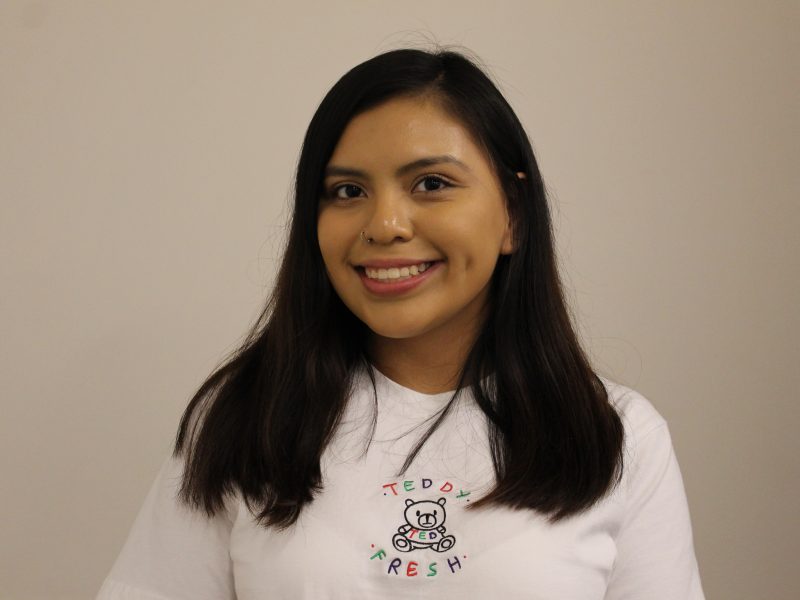
Jowun Ben (she/her/hers)
Tribal affiliation: Navajo
University/college: Arizona State University
Program of study: Biomedical Sciences
Academic level: Undergraduate Senior
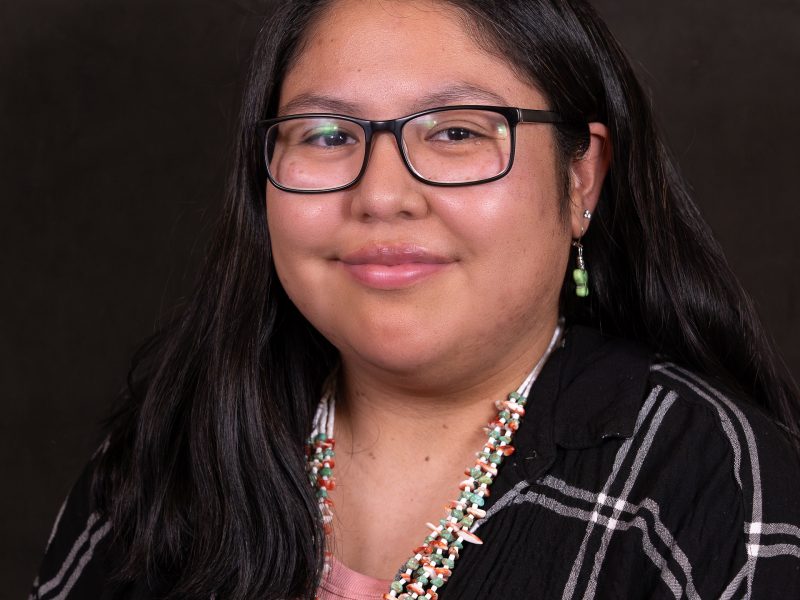
Utahana Dayzie (she/her/hers)
Tribal affiliation: Navajo
University/college: Diné College/Northern Arizona University
Program of study: Public Health
Academic level: Graduate Masters
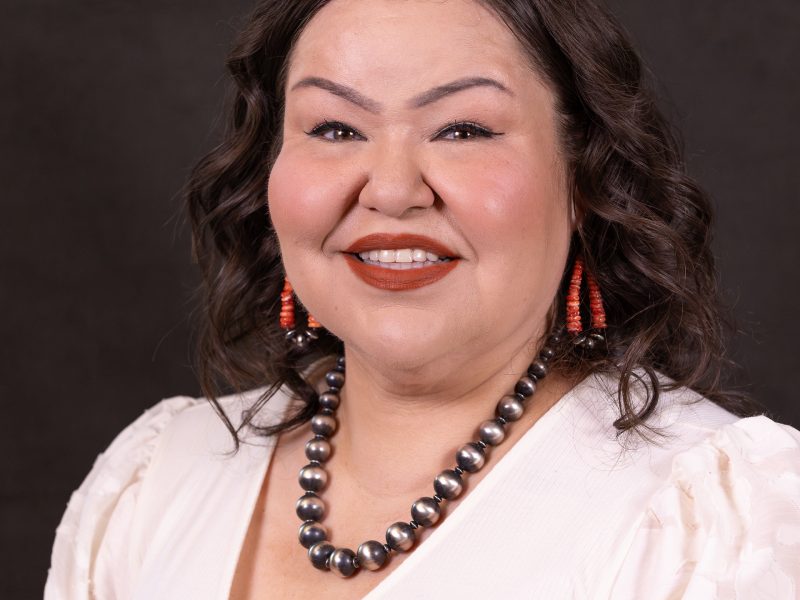
Diedre’ Goodluck (she/her/hers)
Tribal affiliation: Navajo
University/college: Northern Arizona University
Program of study: Public Health
Academic level: Graduate Masters
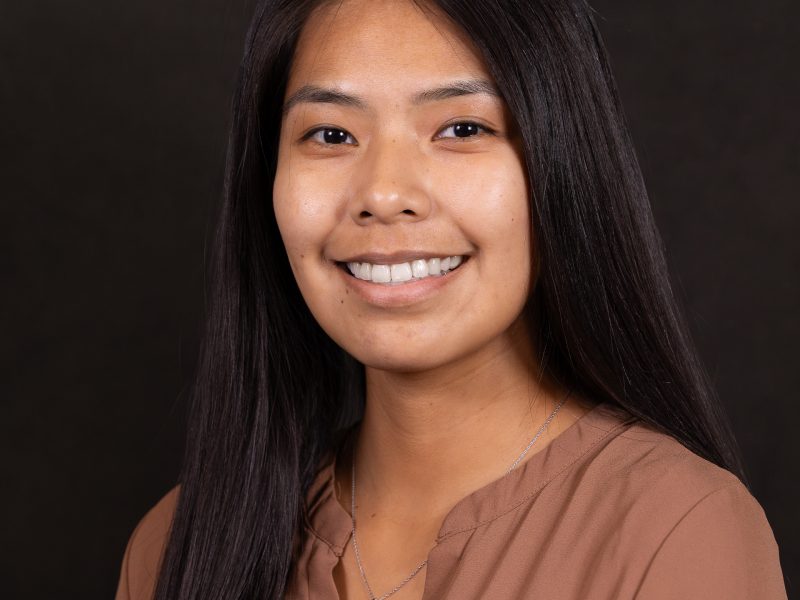
Tawnjerae Joe (she/her/hers)
Tribal affiliation: Navajo
University/college: Northern Arizona University
Program of study: Interdisciplinary Health
Academic level: Graduate Doctoral
Tribal affiliation: White Mountain Apache University/college: University of Arizona Program of study: Public Health Academic level: Undergraduate Junior 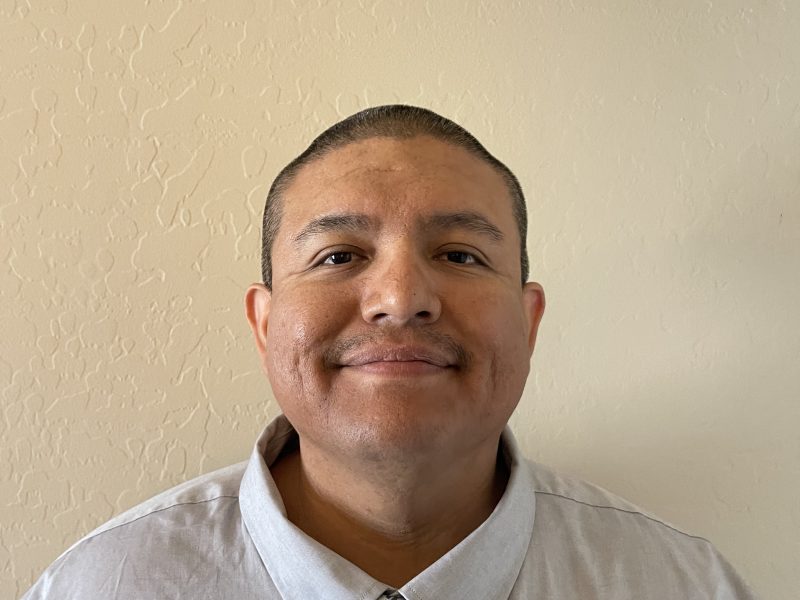
Joshua Massey (he/him/his)
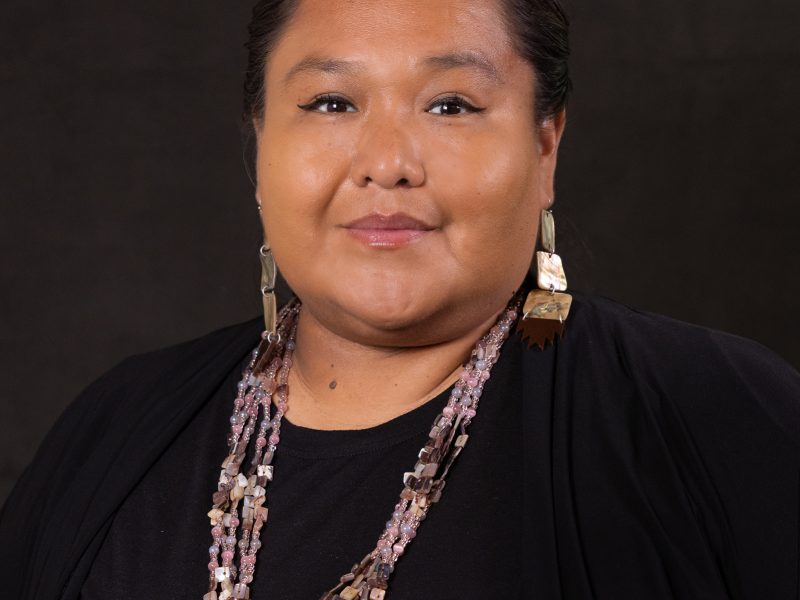
Sanjiv Thompson (she/her/hers)
Tribal affiliation: White Mountain Apache
University/college: Arizona State University
Program of study: Indigenous Education
Academic level: Graduate Masters
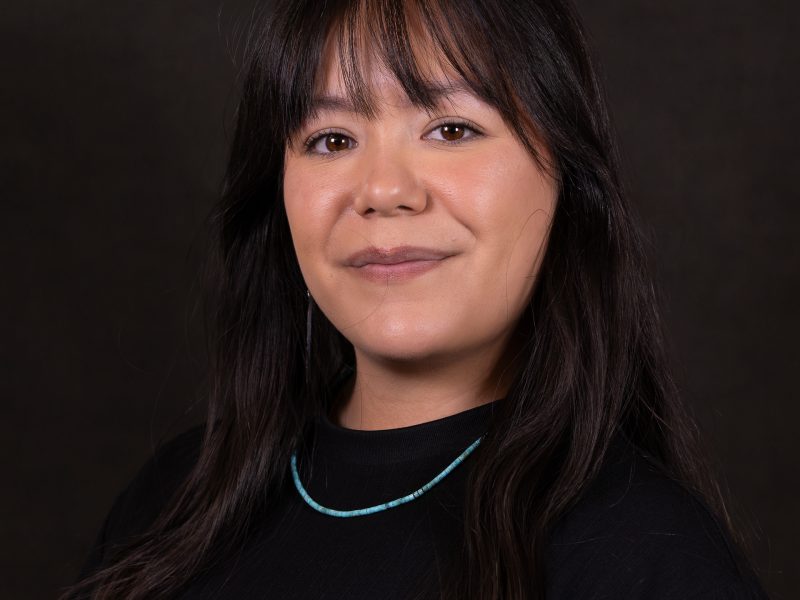
Kaniesha Valley (she/her/hers)
Tribal affiliation: Acoma Pueblo
University/college: University of New Mexico
Program of study: Population Health
Academic level: Undergraduate Senior
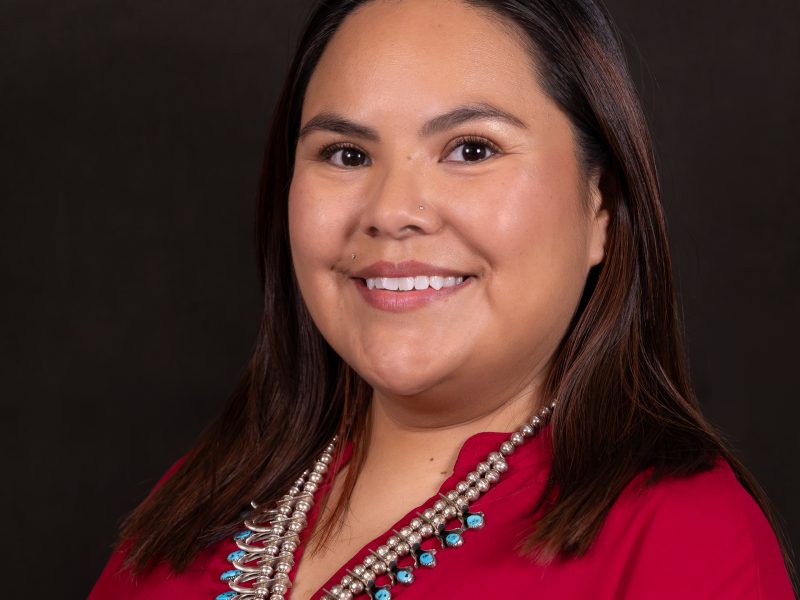
Asia Soleil Yazzie (she/her/hers)
Tribal affiliation: Navajo
University/college: New Mexico State University
Program of study: Public Health
Academic level: Graduate Masters